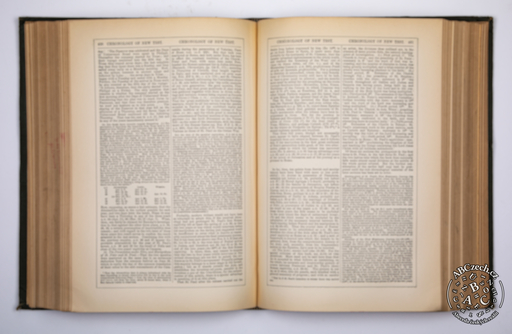
Ways of shortening long or complex names. Abbreviations enrich vocabulary, but when they are used in Czech sentences, they need to be classified as parts of speech and rules of inflection need to be applied.
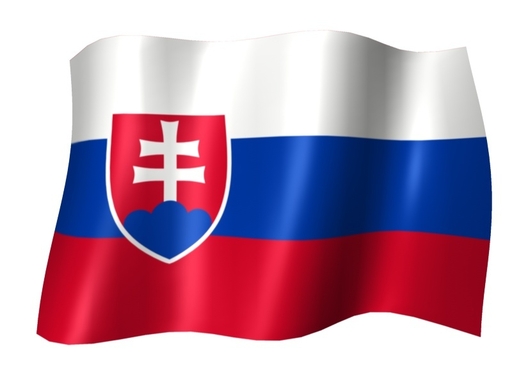
Closeness between languages and nations allows for smooth communication on the basis of mutual intelligibility. Although mutual intelligibility between Czech and Slovak is not as great as during the era of Czechoslovakia (1918–1992), Slovak has a special status in the Czech Republic.
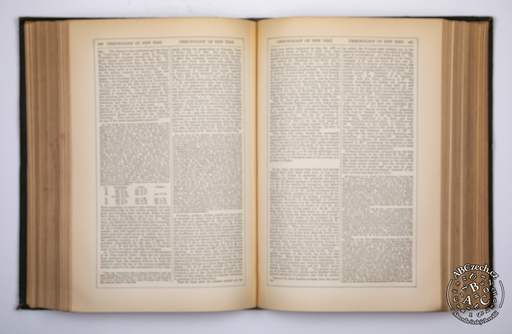
Names that parents give their infants by entering their names into the birth records. In the Czech Republic it is customary to have only one. The names are typically in the calendar and almost every day someone has a name day. Another Czech characteristic is the large number of pet names used instead of the most common Czech names.
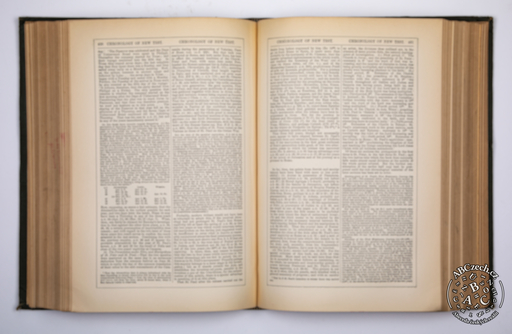
Original Czech names of the months, which unlike most European languages are not derived from Latin. The Czech names are symbolic and based on natural phenomena typical of the given period, although the symbolism is not always clear to the speaker.

An extensive database of authentic Czech texts, which can be used to do research on the real use of the Czech language owing to special software. The Czech corpus is comparable with the corpora of other languages in its richness and linguistic processing.
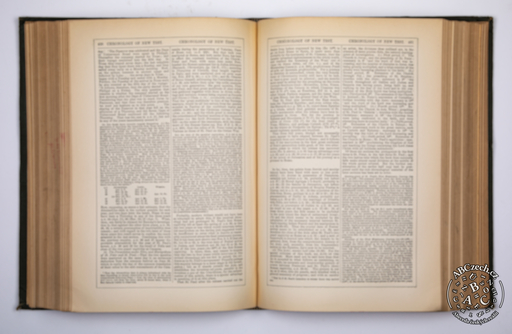
Czech spelling based on Jan Hus’s reform. It features letter with diacritical marks, some which (ě, ů and ř) are used only in Czech. The letter ř represents one of the most difficult sounds in the world.
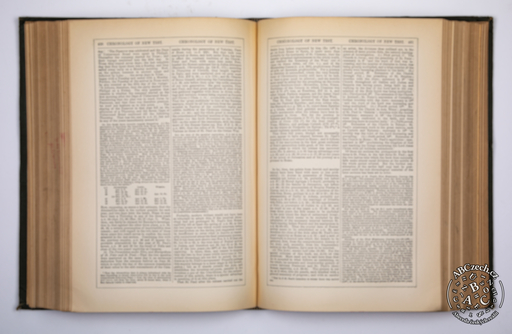
Mandatory since the 18th century and inherited from father. Czech surnames have different origins and female surnames typically have the suffix -ová. The most frequent surnames in the Czech Republic include Novák, Svoboda, Novotný and Dvořák.
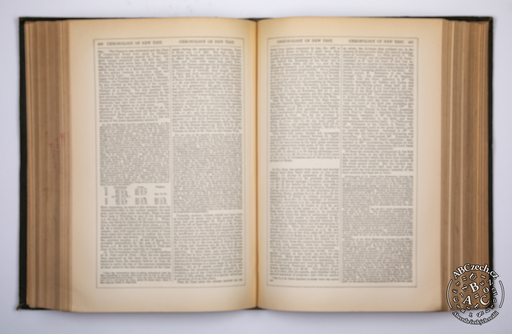
A phrase from a joke about low-quality Moravian wine intended for Prague. It is used for assessing something that may not be ideal, but is still pleasant.

A favourite device in the Czech language, expressing a smaller size of an object (krabička), an emotional relationship towards the object (maminka), or having a new, independent meaning (chlebíček).

Linguist, lexicographer, historian, polyglot, one of the most important Enlightenment intellectuals. He founded Slavonic studies, linguistic and literary-historical Bohemian studies, as well as Palaeoslavonic studies, described the modern literary Czech language, stimulated the development of national revival in the Czech and other Slavonic peoples.
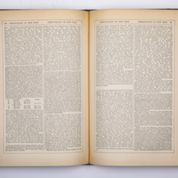
Quotes from well-known films used as humorous comments or opinions in real life situations. They are an integral part of Czech linguistic heritage and form a special category og contemporary Czech phraseology.

A representative of Czech National Revival, linguist, writer, translator, lexicographer and teacher. He made a significant contribution to spreading the use of Czech language in the society, improved the quality of literary language and vocabulary, including professional terminology.

Translator, theoretician of literature and founder of Czechoslovak translatology. However, his concept of the theory of translation was not properly acknowledged in the politically hermetic Czechoslovakia of his time.

Languages that have a special status in the Czech Republic due to their role in the traditional representation of certain nationalities. They are also supported by cultural policies. They also include Slovak, although Slovak may be freely used in official communication with the authorities. Apart from foreign languages, Czech sign language has a similar status.

Specific ways of negating a statement, which in Czech may be accumulated, creating double or even multiple negations. Unlike many other languages, in Czech double negations does not result in a positive but remains negative.
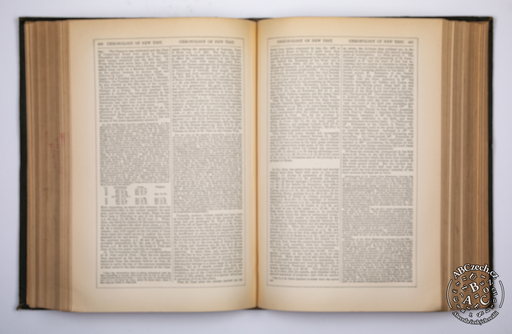
A favourite Czech phrase that gained popularity in the film The Buttoners (Knoflíkáři), advising against spending too much time dealing with a complicated situation. The verb řešit is also popular for its semantic indefiniteness.
2016-2020 ABCzech.cz - © Filozofická fakulta Univerzity Karlovy
Content from this website may be used without permission only for personal and non-commercial purposes and with the source cited. Any other use is allowed only with the authors' consent.
This web application Sonic.cgi meets GDPR requirements. Current information can be found here.